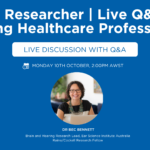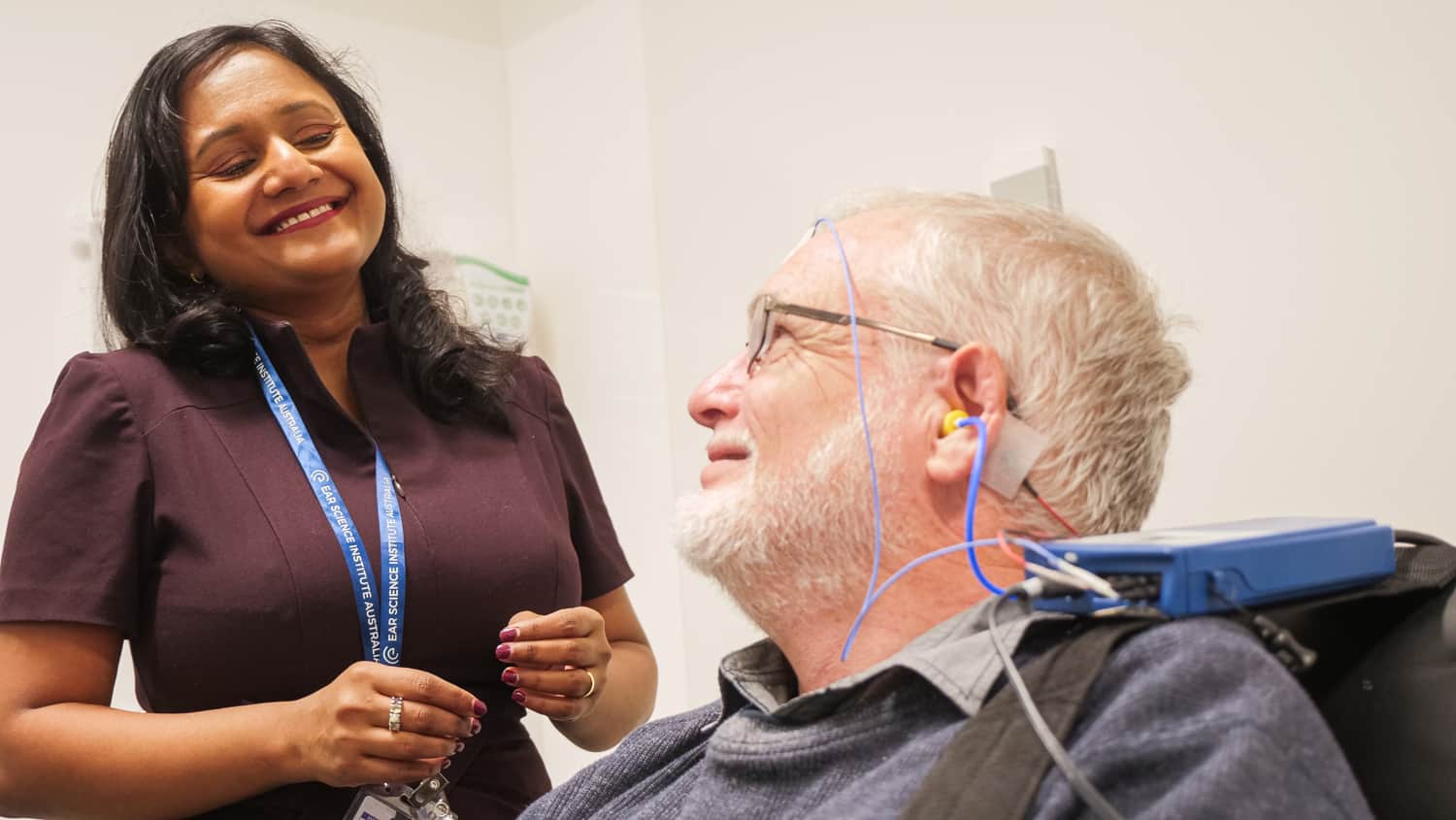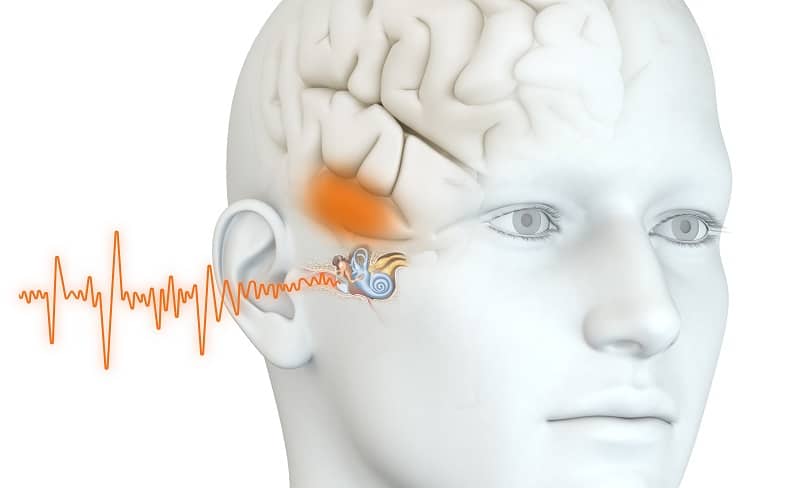
GPs and the scientific community agree that our growing aged population is one of our health system’s biggest challenges.
The best outcome is for older Australians to enjoy a lengthy period of healthy living, giving the best quality of life for as long as possible with less reliance on the health system and family members. GPs play a critical role in the hearing health and associated wellbeing of older Australians.
With an improvement in managing many health conditions, such as cancer, the life expectancy in Australia has increased. The average Australian can expect to live to 84 years, an increase from 70 years in 1950. As Australians live longer, they may be more likely to live with one or more chronic health conditions.
Globally, hearing loss is one of the most prevalent health conditions and the third most burdensome condition measured by Disability Adjusted Life Years (DALY).
By itself, untreated hearing loss is usually not life-threatening, but it has been associated with many health conditions that can be life-threatening. The Busselton Healthy Ageing Study has shown a significant association between hearing loss and many other chronic health conditions, including cardiovascular disease, diabetes and respiratory disease.
The work of Western Australian researchers and the team at Ear Science Institute Australia involved in the Busselton Healthy Ageing Study has shown that those aged 45 to 50 years have a 4% chance of significant hearing loss (more than 25dB loss in their better ear), and that over time males have a higher rate of significant hearing loss than females (see figure below). By 80 years of age, about 70% of the population has significant hearing loss (Hearing Care Industry Association, The Social and Economic Cost of Hearing Loss in Australia, 2017).

It is also well reported that hearing loss is associated with poorer mental wellbeing; stress, anxiety and depression are all increased. Poor mental health and hearing loss in mid-life are risk factors for dementia.
Feelings of social isolation are more acute with untreated hearing loss. We know that people with untreated hearing loss often mishear or misunderstand what is being said. When they are with loved ones and other people, communication breakdowns occur, and there are increased feelings of being left out, eventually resulting in the person not wanting to be around others.
Older adults with hearing loss also have a 1.5 to 2 greater risk of falls. The cochlear and balance organ have a shared location in the hearing system, which may explain this association. It is also thought that hearing loss may result in a loss of auditory cues in the environment which are important for maintaining posture and balance.
The mechanisms that associate hearing loss with poorer mental and physical health needs further research, although the general effects of ageing on the human body are likely to be the primary drivers.
Hearing healthcare is critical to the holistic health management of older adults
Because of the high likelihood of hearing loss in older adults and its serious effects on quality of life, hearing should be high on the agenda of all GPs, as well as medical specialists and allied health professionals. A good hearing screening test for older adults is to ask whether their hearing has been checked in the past year. If not, they should be referred to a qualified audiologist to have their hearing assessed. This is even more critical for men and anyone with other health concerns.
Qualified audiologists play an essential role in holistic health care. They focus on providing family-centred hearing care that includes assessment, rehabilitation and ongoing support for the patient and the family members, often working as part of a multi-disciplinary team that includes GPs, medical specialists and psychologists.
Ensuring the hearing provider offers comprehensive and holistic hearing care driven by the patient’s hearing and lifestyle needs is critical. We know that if hearing and other aspects of health are appropriately managed, mental health and wellbeing improve. Hearing aids and cochlear implants effectively manage hearing loss and can help people return to normal daily functioning.
Researchers at Ear Science have shown that getting a hearing aid or implant improves cognition and mental health. Still, more research is needed, especially whether these improvements are sustained, and the risk of dementia is decreased. This, however, demonstrates that hearing plays an important role in the overall health of everyone.

Take control of your hearing and experience life to the fullest
Lions Hearing Clinic is proud to work with GP Extra to ensure you have easy access to top-quality hearing healthcare services.
GP Extra is a medical clinic focused on keeping families healthy. They focus on your health and well-being, so you can focus on the things that matter to you.
Book your appointment today at Lions Hearing Clinic Kwinana, conveniently located inside GP Extra and discover the benefits of better hearing for better health.






